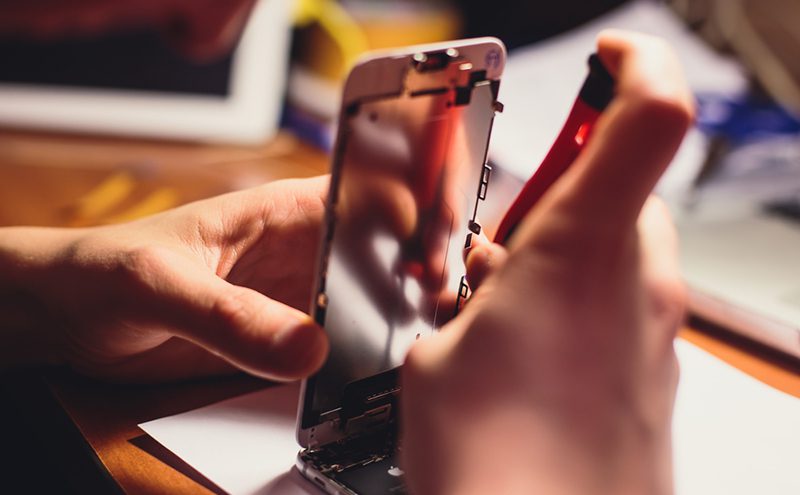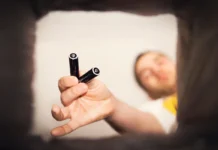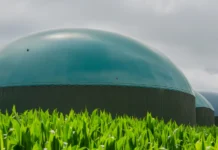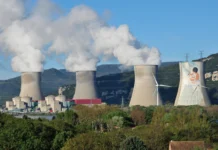
Delegates of the Hubei Provincial Environmental Protection Department in China met with British waste electrical and electronic equipment (WEEE) recycling experts at The Electrical Waste Recycling Group (ERWG) facility in Huddersfield on Friday 26 October.
The aim of the visit was to demonstrate e-waste dismantling and disposal technologies, sharing best practice insights between the UK and China to take home and apply to their own projects and schemes.
This visit is part of a four-year project that has been developed in cooperation with the United Nations Development Programme (UNDP) to help China fulfil the requirements of the Stockholm Convention. The project, titled ‘Reduction of POPs (Persistent organic pollutants) and PTS (Persistent toxic substance) release by environmentally sound management throughout the life cycle of electrical and electronic equipment (EEE) and associated wastes,’ was created and implemented by the Foreign Economic Cooperation Office, Ministry of Environmental Protection of China.
The Chinese delegates were joined by Federico Magalini, Managing Director of Sofies UK, who has been appointed by the UNDP as Chief Technical Advisor to provide overall technical support on life cycle management of EEE and associated wastes for this project. Other attendees included representatives from REPIC, the UK’s largest producer compliance scheme, as well as researchers from The Pentland Centre for Sustainability in Business at Lancaster University, and of course EWRG themselves.
The Lancaster University Pentland Centre team were invited to share key insights from their recently published research report, commissioned by REPIC, to explore the development of more a dynamic model for intelligent WEEE target setting (www.dynamicweeemodel.co.uk).
REPIC CEO, Mark Burrows-Smith, comments, “Following the recent International e-Waste Day celebrations, which took place on 13th October, this visit comes as a timely indicator of the significant global commitment being made to bettering WEEE management worldwide.”
“These site visits are intended to stimulate a more globally aligned understanding of the WEEE life cycle, in order to help improve the management and development of WEEE recycling schemes around the world.It’s important to eradicate persistent toxic substances to protect human and animal health whilst also striving to increase recycling which uses less energy and reduces climate damage. “
Shaun Donaghey EWRG Group Operations Director added: “As a valued partner to Repic, we fully support any effort to share best practice across the sector. It’s essential that WEEE reprocessors in whichever country, develop treatment systems and technologies that not only deal with POPS and PTS, but also capture the valuable secondary raw materials in an Urban Mine. These finite resources can then go back into the supply chain and ensure we manage globally the depletion of finite metals and minerals.”







